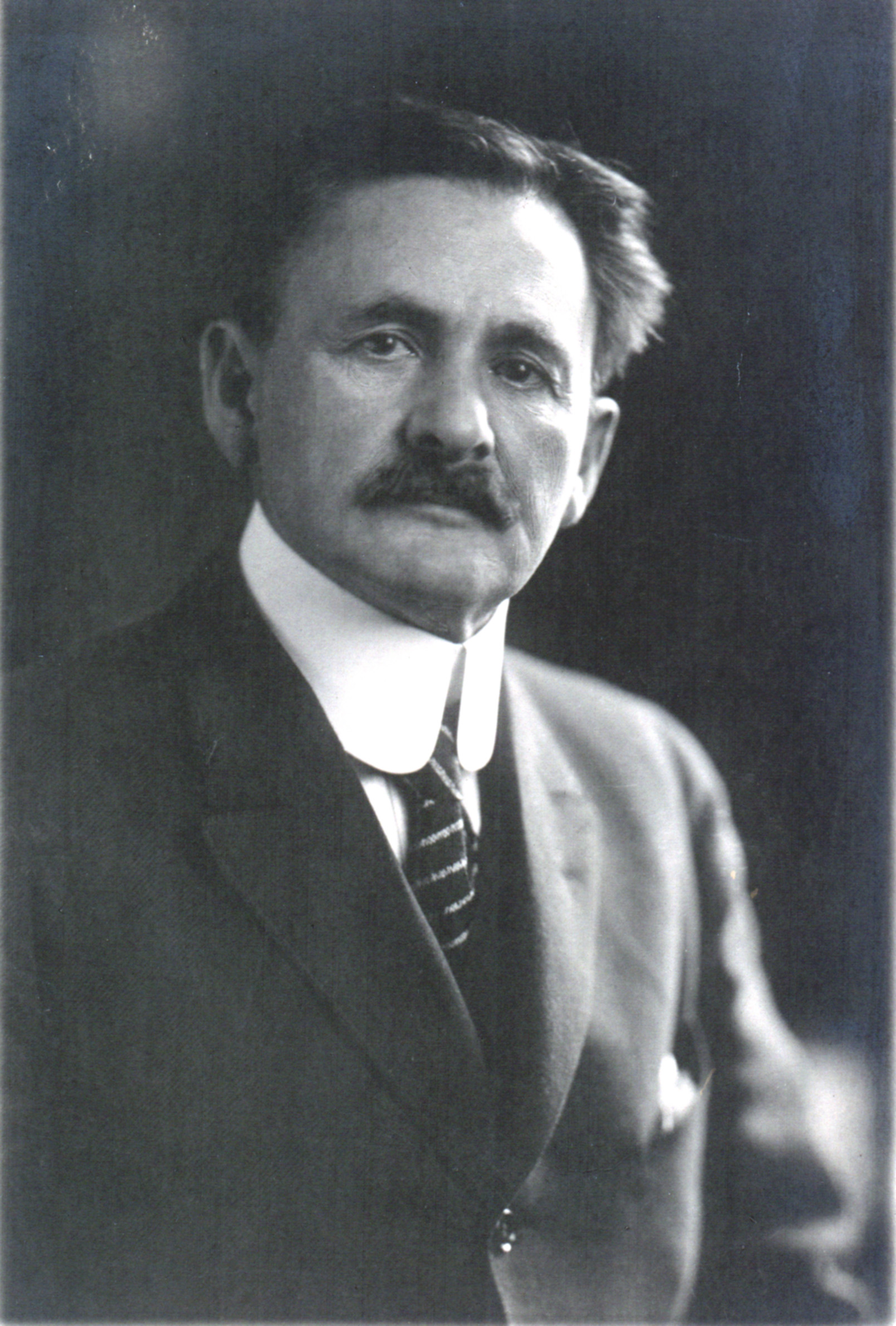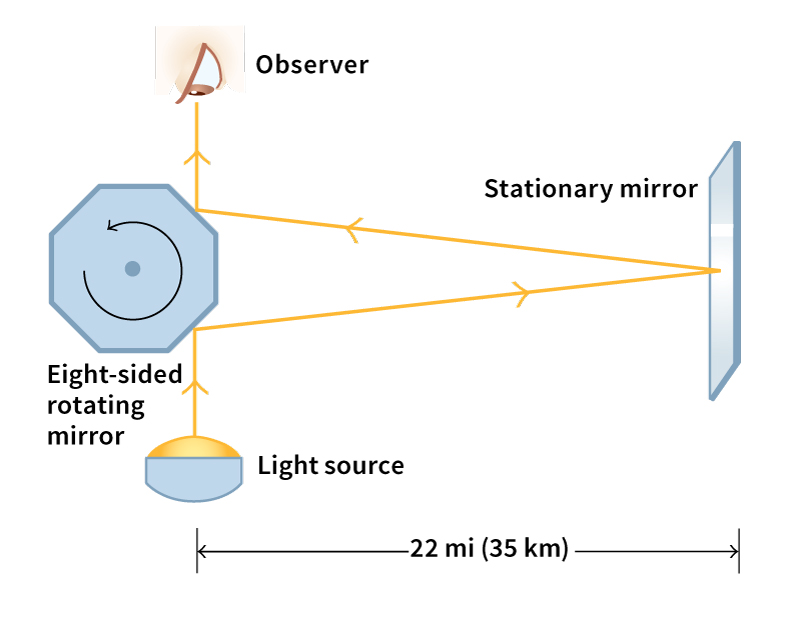Michelson, << MY kuhl suhn, >> Albert Abraham (1852-1931), was the first American citizen to win a Nobel Prize in science. He received the 1907 Nobel Prize in physics for his design of precise optical instruments and for the accurate measurements he obtained with them.


Michelson was born on Dec. 19, 1852, in Strzelno, Poland (then in the domain of Prussia), near Inowroclaw. His family emigrated to the United States when he was 2. In 1873, Michelson graduated from the U.S. Naval Academy.
In 1880, while studying in Germany, Michelson designed an instrument to detect the effects of Earth’s motion through the ether. At that time, many scientists believed that all space was filled with ether, a stationary medium (substance) through which light waves traveled. Michelson’s instrument, now known as the Michelson interferometer, compares the speed of a light beam moving in one direction with that of a beam moving at a right angle to it. If Earth was moving through the ether, the light in the two beams would travel at different speeds. His experiment failed to detect any difference between the speed of the light in the beams. In 1887, Michelson refined this experiment with the aid of Edward Morley, an American chemist and physicist. The result was the same as before. Michelson and Morley’s experiment strongly challenged the ether theory and other widely held ideas about the physics of light.
Michelson resigned his naval commission in 1881. He taught physics at the University of Chicago for most of his career. He also worked to measure the speed of light and to develop a new standard for measuring length based on the wavelength of light. Michelson died on May 9, 1931.
See also Interferometer; Relativity.
